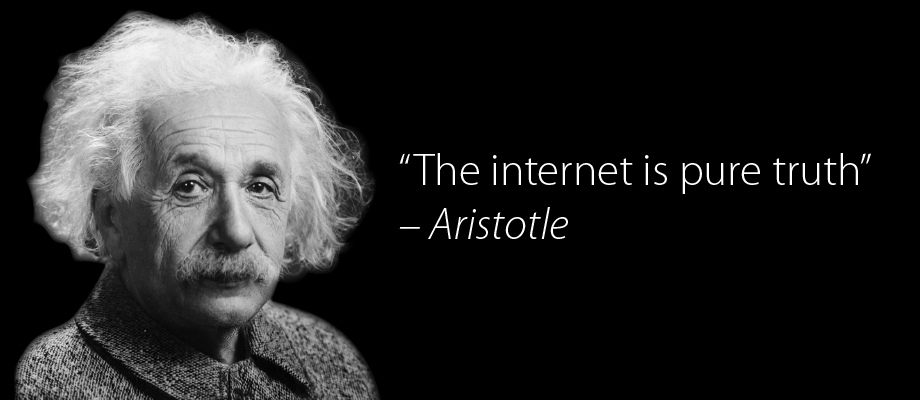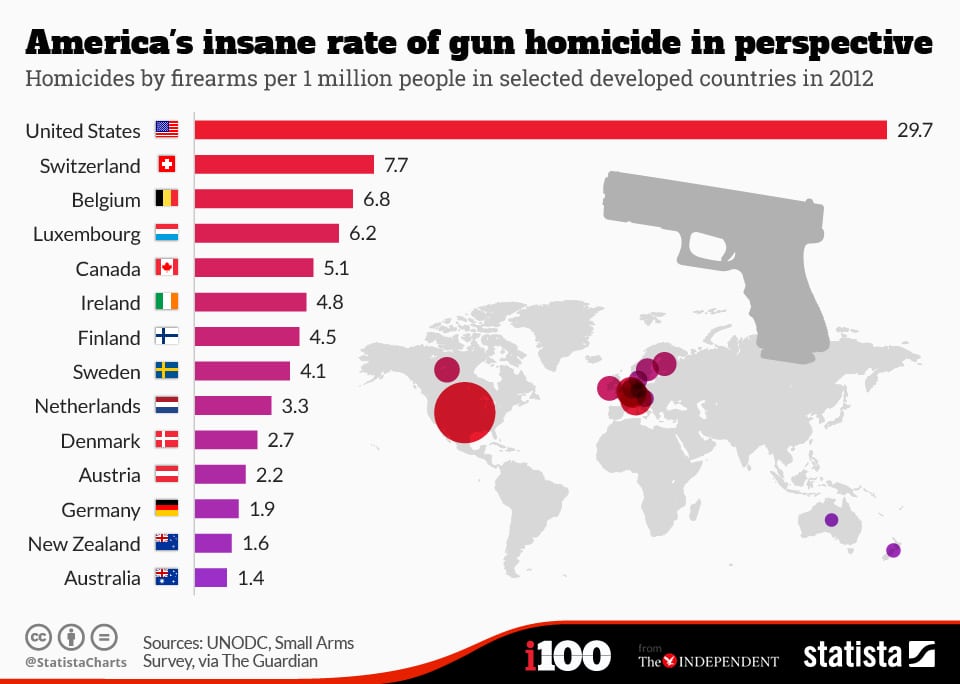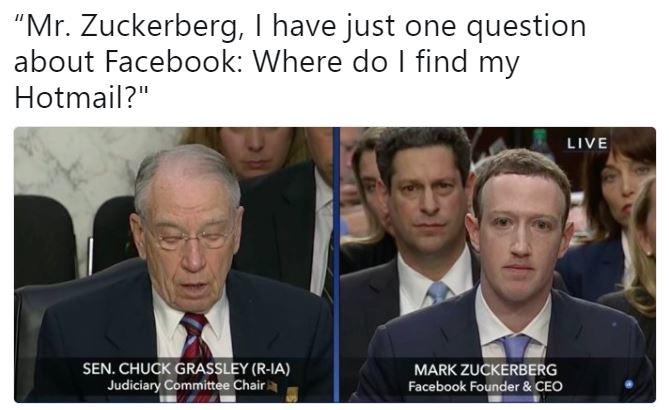
I met a Washington insider this week. During the banter, I mentioned how much better the European authorities are at beating up the US tech giants than the Americans. This is illustrated well by the recent New York Times feature on Margrethe Vestager, Europe’s competition commissioner.
Ms. Vestager, 50 and a native of Denmark, is perhaps the world’s most famous (or infamous, depending on where you stand) regulator. She has spent the past four years investigating American tech firms, finding them wanting and ordering them to pay billions of dollars in fines and back taxes.
She’s beaten up Google for rigging search results, introduced the right to be forgotten, told Facebook to stop spreading fake news and smashed Apple with multi-billion dollar fines for tax dodging. Yep, they don’t like her.
I asked the Washington insider why the Americans weren’t better at beating up the bad practices of their tech giants and he quietly said lobbying. I asked him to explain further, and he told me how Bill Gates anti-trust appearance in the 1990s taught all those who followed the problem if you ignore Washington.
On May 18, 1998, the Department of Justice filed antitrust charges against Microsoft. The charges were brought to determine whether Microsoft's bundling of additional programs into its operating system constituted monopolistic actions. You can read more about the case over here: Why was Microsoft subject to antitrust charges in 1998? but there were two seminal moments. The first was Bill Gates himself squirming in front of the Senate Committee:
The second is when a judge ordered Microsoft to be broken into pieces in 2000. It didn’t happen … but it almost did, and that was the lesson Silicon Valley learned, my insider tells me. They learnt that you cannot ignore the politicians and you must therefore lobby them.
Lobbying to me sounds like paying them. It is not, as that would be bribery, but let’s not get into semantics https://www.quora.com/What-is-the-difference-between-lobbying-and-bribing-somebody .
Anyways, Facebook, Google, Apple and co spend a lot of money on their US masters to ensure they see them favourably. A little bit like the NRA spends millions lobbying to ensure that the right to bear arms is not messed with, even though thousands die of gunshots in the USA every year.
Now, I’m not trying to make any political statement here, but just recounting the reason why Mark Zuckerberg got such a light grilling in the Senate after the Cambridge Anlaytica affair. We all thought the politicians had no idea what Facebook was or how to use it.
No. It was more a case that the direction of questioning is diverted by influence, according to my friend from Washington.
Now, I have no idea of the truth or falsehood behind the influence of lobbying, but what is clear is that the US lets their tech giants run around with hardly any controls. Banks have five times more regulations than tech firms and, as I’ve recently blogged about several times, if money is data then the tech firms will get more regulated like banks over time.
- Tech firms will be regulated like banks in future
- Don’t mess with my data
- Will banks become ‘safes’ for data?
What is interesting is that this will not be driven by the Americans but by the Europeans.
“Europe is acting to enforce antitrust laws where the U.S. is not,” said Jeremy Stoppelman, the chief executive of Yelp, who feels that American regulators dropped the ball when they decided not to pursue a case against Google in 2013 (Yelp is a longtime Google antagonist). “Ironically, many of the complainants in the E.U. antitrust case against Google are U.S. companies, pursuing justice in Europe precisely because the U.S., has not acted,” he said in an email.
Back to Margrethe Vestager:
“What’s fascinating about her role is that in her mind, the new antitrust is about data, not about market power,” said Randy Komisar, a veteran Silicon Valley executive and now a general partner at the venture capital firm Kleiner Perkins Caufield & Byers.
He added: “I believe the European approach is more appropriate than the U.S. laissez-faire approach. The U.S. economy sort of lives or dies by the notion of free markets, and I think what we’re seeing is a perversion of free market economics that is very difficult to counter without regulation.”
“She’s what my generation looks for in a politician,” said Corina Stoenescu, a Harvard Business School student who helped organize a conference in March where Ms. Vestager was the keynote speaker. She added: “The moment tech giants come into question, then Vestager comes into question. She’s the only person on the planet who has a voice about it.”
In a final thought, I have a view that Facebook is going to take a tumble. Already teenagers are leaving it in droves - the percentage of US teenagers who use Facebook has dropped from 71 per cent to 51 per cent in the past three years – and, after Cambridge Analytica, I think a lot of people are going to question Facebook’s approach to their data and their privacy.
I have personally questioned this many times:
But it is now coming to a head. This was discussed in-depth in last week’s Evening Standard, comparing the approach of Facebook towards customer data versus the opposite approach from Apple.
Zuckerberg idolised Jobs. They would go for walks together near their homes in Palo Alto. Zuckerberg mimicked Jobs’s habit of wearing a daily uniform: black polo neck and jeans for Jobs; grey T-shirt and jeans for Zuckerberg. Jobs would interview people by taking them on long walks. Zuckerberg did the same. Jobs admired Zuckerberg’s mastery of online social networks, something Apple tried but never cracked. But, on the issue of privacy, the source of Apple and Facebook’s current feud, they were miles apart.
Jobs insisted that Apple be a product company and not sell access to its users. He was asked about privacy at a conference in Silicon Valley in 2010, a year before he died. He said he was “old-fashioned” on the issue.
“Privacy means people know what they’re signing up for, in plain English, and repeatedly. I’m an optimist. I believe people are smart, and some people want to share more data than other people do. Ask them. Ask them every time. Make them tell you to stop asking them if they get tired of your asking them. Let them know precisely what you’re going to do with their data.” Jobs was no saint, but on this issue he makes Zuckerberg looks diabolical.
Since its founding, Facebook has been slippery on privacy. It has been caught out, promised to change, then been caught out again.
The casual attitude Mark Zuckerberg has towards abusing data and customer’s privacy will be Facebook’s downfall. The issue they have is that they have nothing to sell, if they don’t sell customer data. As a result, Facebook is just an Emperor’s new clothes. Take away the data and there’s nothing there. Give it ten years or so, and the decentralised internet where customers own their data and their identity, will blow Facebook’s business model apart. Let’s see if I’m right.
Chris M Skinner
Chris Skinner is best known as an independent commentator on the financial markets through his blog, TheFinanser.com, as author of the bestselling book Digital Bank, and Chair of the European networking forum the Financial Services Club. He has been voted one of the most influential people in banking by The Financial Brand (as well as one of the best blogs), a FinTech Titan (Next Bank), one of the Fintech Leaders you need to follow (City AM, Deluxe and Jax Finance), as well as one of the Top 40 most influential people in financial technology by the Wall Street Journal's Financial News. To learn more click here...





